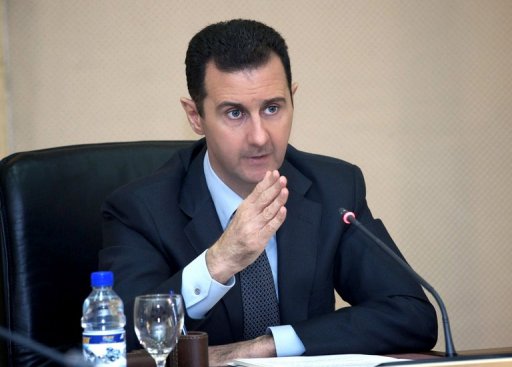LONDON: I recently took part in a public debate with Paul Keating, Australia’s former prime minister. He is an interesting man, a genuine intellectual driven by his inner demons both to flay those who pay insufficient credit to his transformational role in Australian politics and to expose what he regards as waffle and myths.
This regularly engulfs him in controversy, but it can serve an educational purpose. Recently, for example, he denounced the idea that Australian sacrifices in the Gallipoli campaign of 1916 during World War I had somehow made and redeemed his nation. For him, Australian came of age later, at Kokoda, often called Australia’s Thermopylae, when a small group of young soldiers resisted the advance of Japanese army divisions that seemed set to take Port Moresby in Papua New Guinea and threaten the Australian continent. Keating believed that the fighting at Kokoda represented the real birth pains of an independent Australia, not some colonial appendage of Britain created to serve imperial purposes in the Far East.
I would not dare to challenge the sensitivities of Australians about their own history. I like their country too much for that. But Keating’s remarks raise a general question about history that goes to the heart of the sense of identity that binds every community.
Most countries fabricate at least some of their history; or they simply whitewash the bits that do not match their heroic idea of themselves. My own country, for example, invented much of what it means to be British in order to accommodate Scotland in the 18th century to the idea of rule from England, and to persuade the whole of the United Kingdom that it should not object to being ruled by German kings.
For my entire adult life, Britain’s sense of its place in the world has been largely defined by Winston Churchill’s leadership during World War II and his views of our role in the world when that war was over. He and other political leaders were keen on a united Europe. But it was meant for others. Britain was not to be part of it. History had written a different role for us – sovereign, independent, detached from continental entanglements, and, if not an equal of America, then at least a senior, faithful adjutant.
A little more sharp-eyed honesty about Britain’s real weight in the post-war world might have enabled us British to play a more central role in Europe’s affairs, molding the emerging European Union more closely to our own national interests.
So, when you get history wrong, it can skew your own strategic choices. But, worse than that, blindness to what really happened in the past can distort the development of your society. Sooner or later, the healthiest societies face up to what they have been – good and bad – and grow in decency and self-confidence as a result.
Germany has done that admirably. In the last couple of years, I have seen two painfully honest German films – “Downfall, about the last days of Hitler, and “The Lives of Others, about the operations of the former East Germany’s secret police (the Stasi). Since those dark days, Germany has developed as a healthy vibrant democracy.
Others still have trouble confronting their own history. Russia stumbles over Stalin and his legacy of evil. China turns away from a reappraisal of Mao or an honest account of what happened at Tiananmen in 1989. Some Japanese still want to write or believe fairy tales about their pre-war and wartime history, which has hugely complicated Japan’s efforts to find a confident and lasting reconciliation with China.
By contrast, consider the way France and Germany have buried the hatchet and learned to live in peace and trust. It is this extraordinary, historic act that made possible the reconstruction and successful development of Europe over the last half-century.
There are at least three lessons to draw from these musings of a one-time university history student. First, history teaches you about today as well as yesterday. The English writer G.K. Chesterton once wrote, “The disadvantage of men not knowing the past is that they do not know the present.
Second, in order to understand how to cope with the problems that plague us – from terrorism to nuclear proliferation – it is sensible to know how and whence they emerged. Why are we faced today with worldwide economic blizzards? How do today’s problems compare with the 1929 financial crash and the depression that followed it? What does history tell us about the consequences of the protectionist response to those events?
Finally, while nation states remain the basic building blocs in international affairs, and loyalty to your nation – patriotism – is a fine thing, crude nationalism can be deeply destructive. “My country right or wrong is the parent of much misery. Rigorous historical enquiry can save us from blindness about who we are and what we can do. Historical debate is a sign of a healthy society. So three cheers for Keating, right or wrong.
Chris Pattenis a former EU Commissioner for External Relations, Chairman of the British Conservative Party, and was the last British Governor of Hong Kong. He is currently Chancellor of Oxford University and a member of the British House of Lords. This commentary is published by DAILY NEWS EGYPT in collaboration with Project Syndicate (www.project-syndicate.org).

